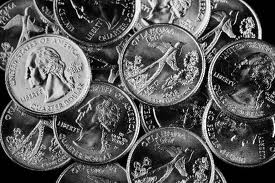One thing I like about the study of economics is that it fosters compassion. When part of your job is to predict human behavior, you quickly learn the value of understanding other people’s problems. When the other part of your job is ferreting out the unseen global consequences of our choices, you’ve taken the first step toward caring about those consequences.
For example: Suppose a guy with no health insurance and no assets shows up at a hospital emergency room with an urgent life-threatening condition. Should you let him die? Ordinary compassion says no. The heightened compassion of the economist says, at the very least, maybe.
First, a policy of providing emergency health care to everyone is pretty much the same thing as a policy of providing emergency health insurance to everyone. It was specified here that this was a guy who didn’t want health insurance. So let’s recognize for starters that such a policy runs counter to — I am tempted to say runs roughshod over — the guy’s own revealed preference. It’s an odd sort of compassion that forces people to buy things they don’t want.
Now you might object that nobody’s forcing this guy to buy emergency health care; we’re trying to give him emergency health care. Not so fast. Here’s the first place where a little economic training goes to hone one’s sense of compassion: The emergency health insurance we’re foisting on this guy has a cost. We can spend that money on emergency rooms or we can spend it on a myriad of other things the guy might prefer. How is it compassionate to give him one thing when he prefers another?
This is particularly true if the guy happens to be very poor. Poor people have a lot of problems, and emergency health care is only one of them. They need better education, they need better transportation, and they need a little help buying groceries.
There is room for lots of debate and lots of disagreement about how much we as a society should be spending to help poor people. That’s not the issue here. The issue here is: Given that you’ve decided to spend an extra such-and-such many dollars a year helping poor people, why would you spend it in this particular way rather than one of the many other ways they could use it? For God’s sake, why not at least ask them if they’d rather have the cash?
Continue reading ‘Compassion Play’














